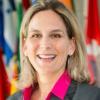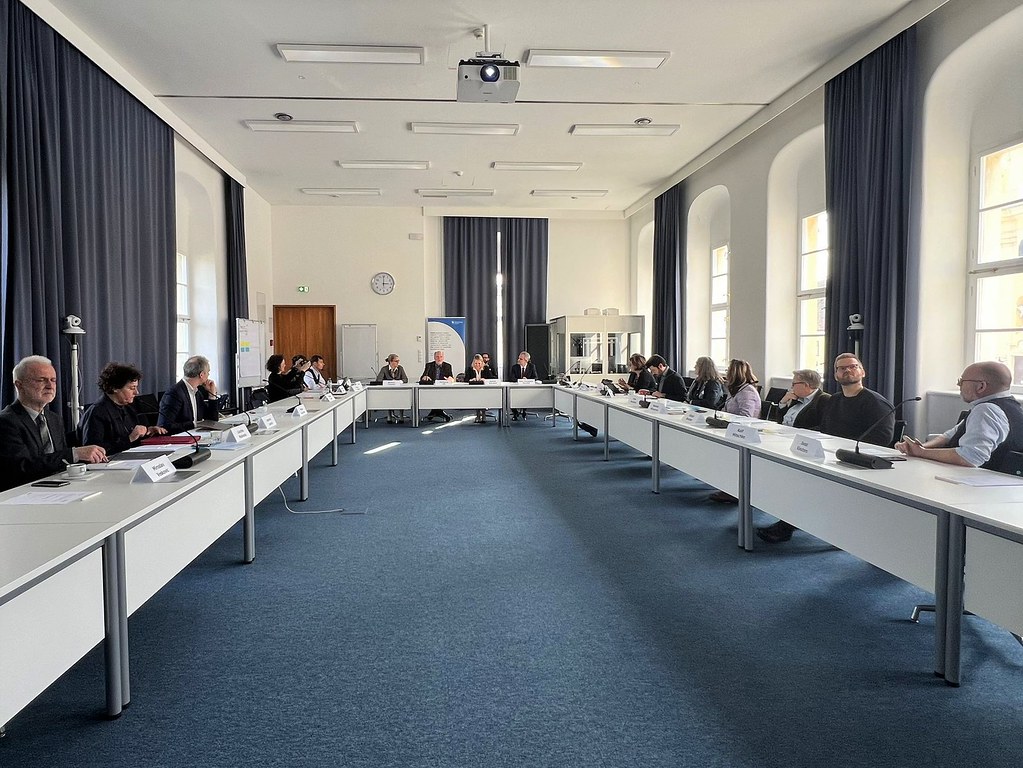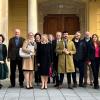
From 6-7 March, the European Union Science Diplomacy Working Group 4 on building capacity for European science diplomacy convened for a two-day co-creation workshop hosted by IIASA and the Diplomatic Academy in Vienna.
The initiative, announced by the European Commission in 2023, emerged from the Global Approach Implementation Report. The European Commission's objective was to establish informal working groups that bring together experts from both the science and diplomacy communities to collaboratively shape a future European framework for science diplomacy.
IIASA was honored to co-host the first in-person meeting of Working Group 4 (WG4) - one of the five established working groups by the European Commission, specifically focusing on building capacity for European science diplomacy. The event brought together more than 20 experts in the area of science diplomacy from across Europe. IIASA Science Diplomacy Officer, Sergey Sizov, was selected to serve as one of the WG4 members from over 570 applications received and contributed to the workshop's success.
The meeting opened with welcome remarks by Wolfgang Lutz, Deputy Director General for Science at IIASA, and WG4 Co-chairs Martina Schubert, Deputy Director at the Diplomatic Academy in Vienna, and Jean-Christophe Mauduit, Associate Professor of Science Diplomacy at University College London (UCL).
Subsequent sessions throughout the two-day workshop focused on discussing strategies on strengthening science diplomacy through research and formulating recommendations of the group. Members of WG4 also paid a visit to the Diplomatic Academy in Vienna, which served as a co-host of the event, where they were offered inspiring insights into its history and mission, further allowing participants to exchange ideas and network.
Vienna Statement on Science Diplomacy
Learn more about IIASA's role in promoting international scientific cooperation by visiting our Science Diplomacy page and support the Vienna Statement on Science Diplomacy.
News

26 July 2024
Navigating new horizons to protect human and planetary health
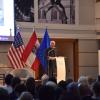
14 June 2024
IIASA Leadership visits Washington DC
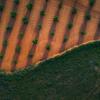
05 June 2024
